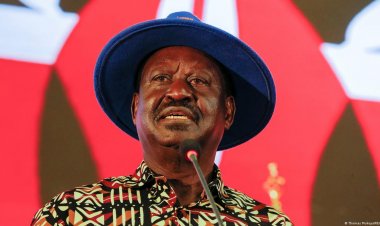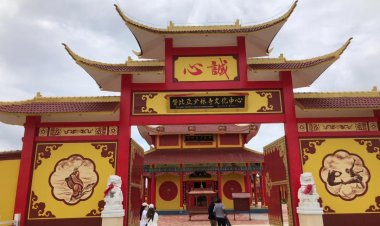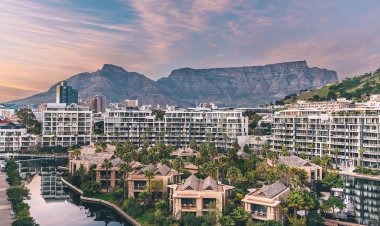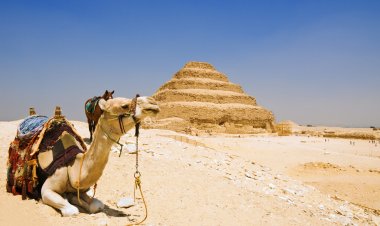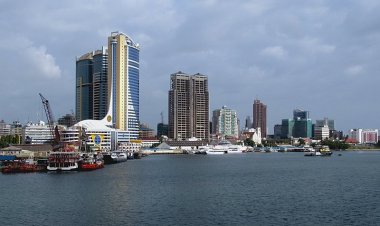Mau Forest's Struggle for Survival Amid Political Turmoil and Conservation Efforts
Conservationists warn that compromising the Mau Forest could have far-reaching consequences for local ecosystems and the livelihoods dependent on its resources.
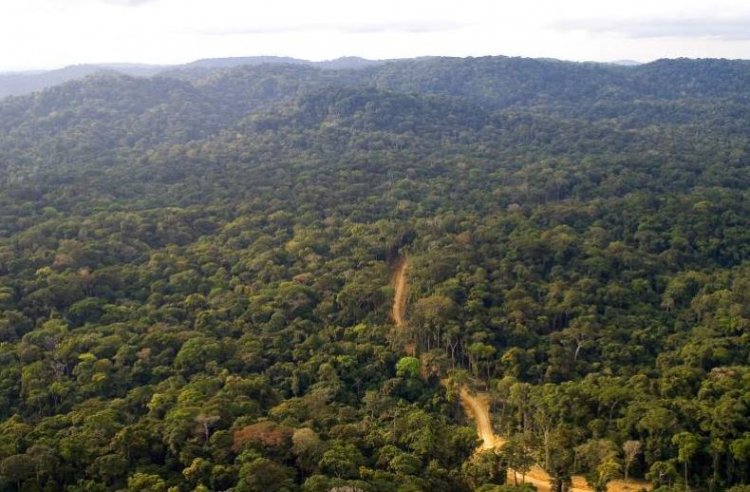
The Mau Forest, often celebrated as the "Water Tower of Kenya," stands as a crucial lifeline for the nation, playing a pivotal role in supplying water to various regions.
Alongside Mt. Elgon, Mt. Kenya, the Aberdare Range, and Cherangani Hills, these five water towers hold international significance for their vital roles in catchment, storage, and water purification.
Covering an expansive area, Mau Forest is home to numerous plant and animal species, some of which are endemic and endangered.
Beyond its ecological importance, the forest holds cultural value for indigenous communities, intertwined with their traditions and livelihoods. This vast ecosystem, comprising 22 forest sectors spanning 380,000 hectares, stands as East Africa's last bastion of a closed canopy forest block.
Despite its regional importance, the Mau Forest has become a political battleground, risking its protected status and subjecting it to potential fragmentation.
Human activities have inflicted widespread destruction upon the Mau Forest, causing its area to dwindle from over 273,300 hectares in the 1990s to just over 160,000 hectares in 2018.
Deforestation, driven by encroachment, poses a dire threat not only to oxygen production but also to the unique bird and animal life within the forest, significantly impacting human lives.
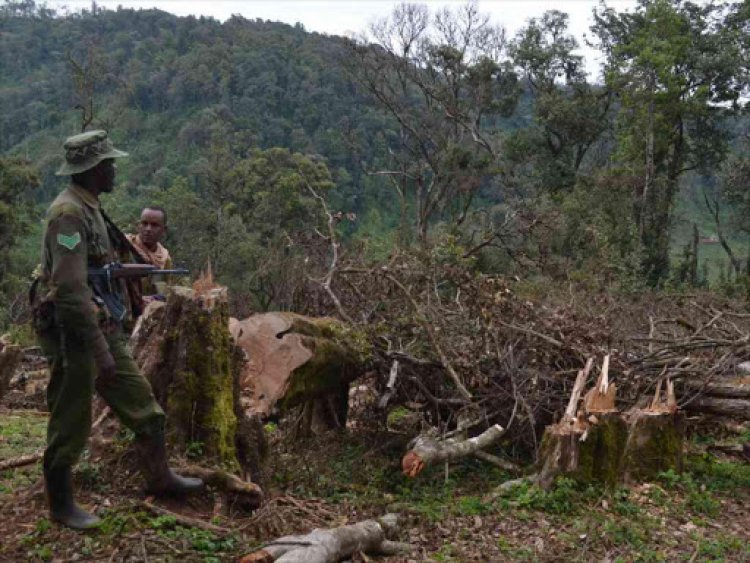 [Image of Mau Forest. Photo/Courtesy]
[Image of Mau Forest. Photo/Courtesy]
These concerns caught the attention of President William Ruto, who called on all those who have encroached on Mau Forest and other natural resources across the country to vacate immediately.
"Protecting our water towers is non-negotiable. We will spare no effort to conserve our forests; encroachers will be removed," he asserted.
Ruto stated that the government would erect fences around all ten water towers in the country to safeguard them from human encroachment.
"Those who are still in the forests should prepare themselves to leave quickly because we will put up fences, and it's not a request," Ruto cautioned.
Political interventions have further complicated the conservation process, with vested interests overshadowing ecological concerns.
Allegations of a land deal involving a foreign entity cast doubt on the forest's ecological integrity.
Conservationists warn that compromising the Mau Forest could have far-reaching consequences for local ecosystems and the livelihoods dependent on its resources.
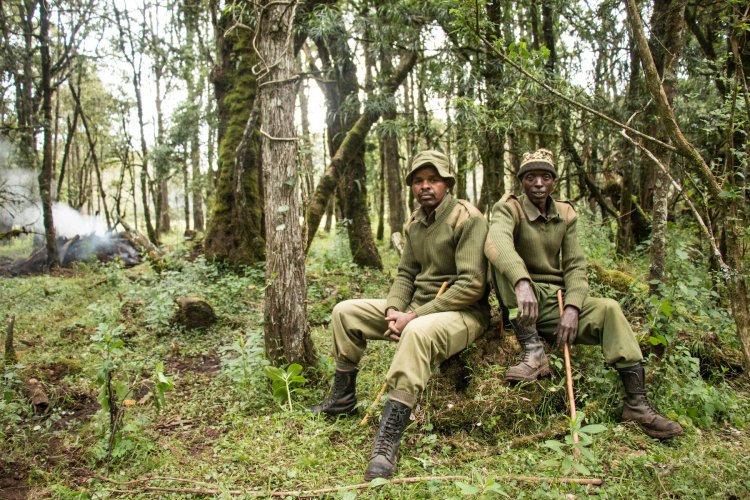 [Image of Mau Forest. Photo/Courtesy]
[Image of Mau Forest. Photo/Courtesy]
There were allegations that the Kenya Forest Service had handed over 60,000 hectares of the Mau Forest Complex to a foreign company.
In a statement released on December 4th by the Kenya Forest Service, it clarified that it was only partnering with the Dutch Company to conserve the Mau Forest and couldn't hand over natural resources to a private entity.
"The Dutch Company has been so instrumental in assisting the Community Forest Association to develop Participatory Forest Management Plans (PFMP) to enable them to fully benefit from their conservation efforts," KFS clarified on the partnership.
The Kenya Forest Service emphasized that the Dutch Company's involvement does not imply the transfer of forest ownership to a private entity.
President William Ruto's administration has affirmed its commitment to retaining control over natural resources, as stated in the Forest Conservation and Management Act of 2016.
In a statement, the Kenya Forest Service reassured the public that the collaboration with the Dutch Company is geared toward sustainable solutions, benefiting both people and the planet.
The company echoed this sentiment, emphasizing its commitment to working with KFS for the betterment of the Mau Forest and its communities.
If you have a real estate press release or any other information that you would like featured on African Real Estate Blog Post do reach out to us via email at [email protected]









